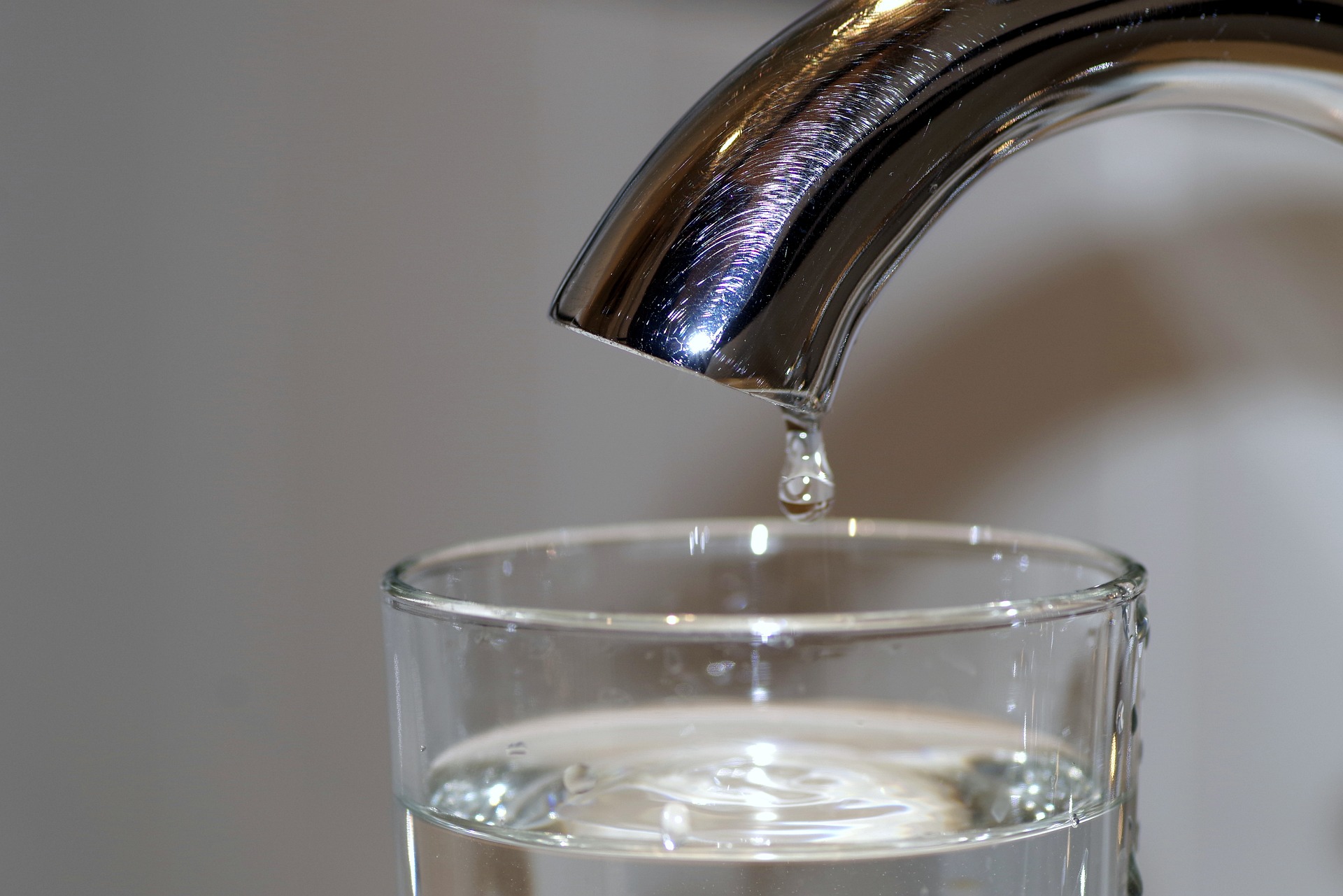News

Climate Change and Drinking Water

By: Devan George, Communications Coordinator
Climate change is the long-term shift in temperatures and weather patterns, often resulting in more frequent and severe weather events. These severe weather events will have an impact on our drinking water in several ways. The shift in global temperatures effect the water cycle, determining when, where and how much precipitation falls.
Most of Pike County gets their drinking water from groundwater, pumped into their homes from personal wells. Groundwater is recharged as precipitation infiltrates into the earth, and without recharge, wells would be draining aquifers and groundwater resources. Climate change can have a serious impact on the amount of recharge in a few major ways.
Approximately 74% of natural disasters between 2001 and 2018 were water-related, including droughts and floods. Frequency and intensity of these events is only expected to increase due to climate change, according to the UN World Water Report (2020). Rainstorms that are shorter but drop more water lead to more surface runoff than groundwater infiltration, because the ground can not absorb the water fast enough to recharge. Droughts will cause periods of decreased groundwater recharge and if paired with heavy, short downpours, the groundwater supply will not have time to recover. If the groundwater is not recharged effectively, the water table will drop and no longer be accessible to all wells.
There are things we can do to help assure groundwater recharge in the face of climate change. On our Homeowner’s checklist, there are several ways to capture rainwater on your property for better infiltration after storms. Many surfaces in our communities are impermeable, not allowing water to infiltrate through, such as parking lots, roads, sidewalks, roofs, etc. Encouraging infrastructure in our communities that focuses on permeable surfaces will ensure that there is space for ample groundwater recharge. If you are interested in the current groundwater levels in Pike County, you can find information here. According to our data, Pike County has had a consistent groundwater supply, and with the preservation of recharge areas we will continue to have these resources into the future.
